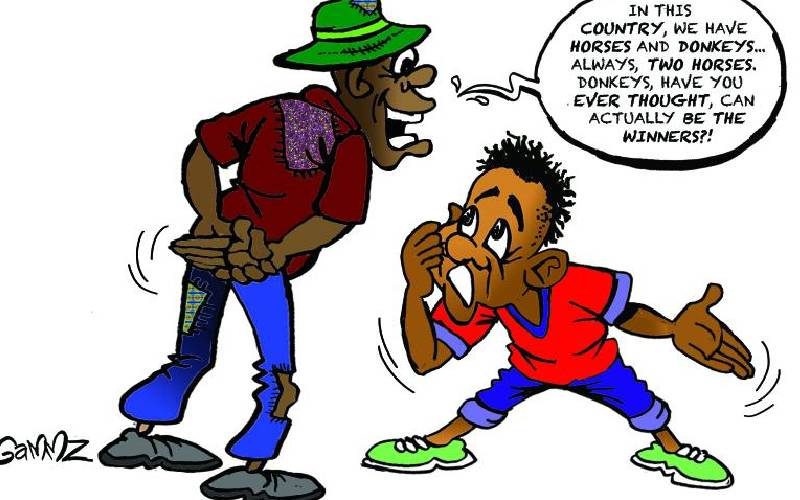×
The Standard e-Paper
Join Thousands Daily

In Gitegi, we love to judge a book by its cover. We make sure that our judicial system is aware of this; it is the only place you can find sinners judging others and sentencing them.